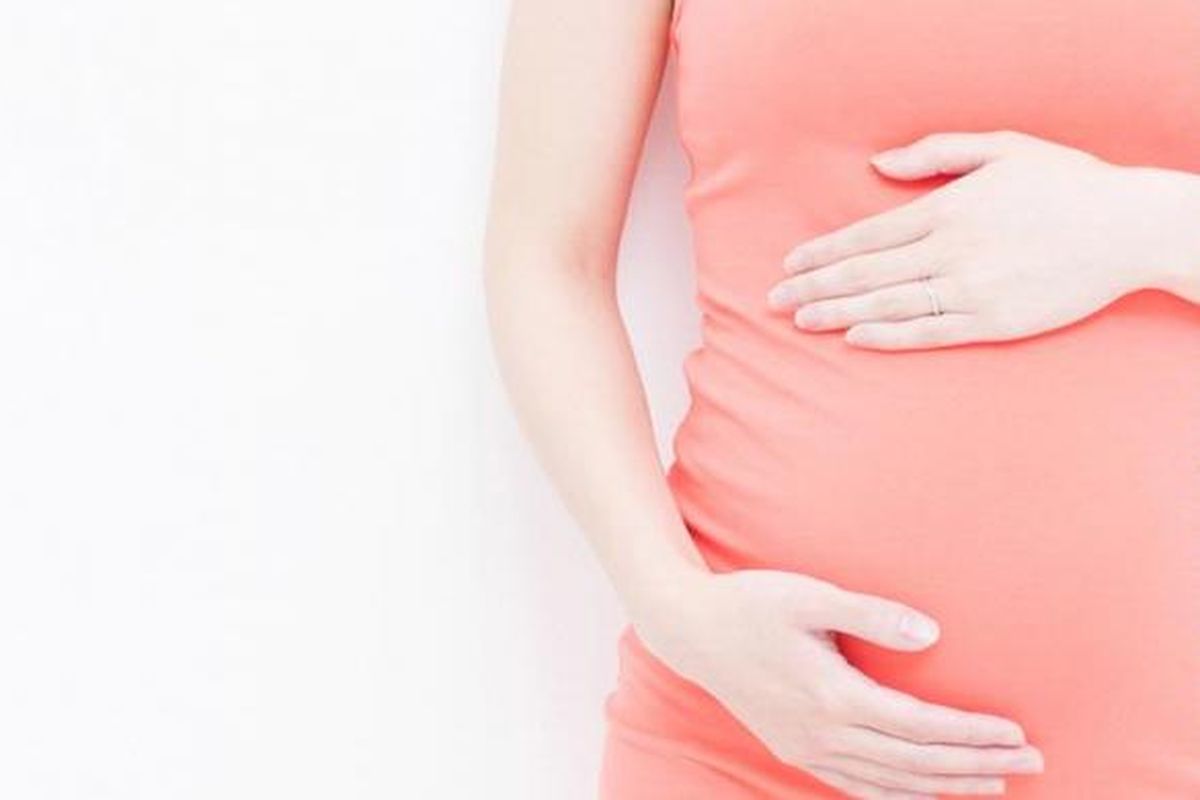Roe v. Wade Reversal a Real Threat following Death of Ruth Bader Ginsburg

Chief Justice John Roberts and his four more liberal colleagues, including Ginsburg, ruled 5-4 that a law that requires doctors who perform abortions to have admitting privileges at nearby hospitals violates the rights established by Roe v. Wade.
Read also: America in Mourning Following Death of Justice Ruth Bader Ginsburg
Were Roberts to side with the three remaining liberals in future abortion cases, that bloc could be potentially outvoted by five conservatives — including the new Trump nominee.
Nancy Northup, president of the Center for Reproductive Rights, noted that most recent abortion cases reaching the Supreme Court were decided by one-vote margins.
“The fact that the court was so close — with Ruth Bader Ginsburg on it — sends shivers down my spine in terms of how critical this next appointment is,” she said.
Michael New, an abortion opponent who teaches social research at Catholic University of America, said a successful Trump nomination could further embolden anti-abortion state legislators.
“Some state-level pro-life laws have been specifically drafted in such a way to obtain the vote of John Roberts,” New said via email.
“If a Trump nominee is confirmed, it is possible that some states may pursue stronger laws that offer greater protection to the unborn. “
Among the favorites of many in the anti-abortion movement is Amy Coney Barrett, a devout Roman Catholic who taught law at the University of Notre Dame before taking a seat three years ago on a federal appeals court.
Trump has said he will nominate a woman and has spoken highly of Barrett.
New said Trump could benefit from making a nomination even if the Senate doesn’t act on it until after the election.
“Aggressive criticism of an otherwise qualified Supreme Court nominee may well work to the political advantage of the president and other Republican candidates,” New said.
There are two abortion-related state ballot measures up for a vote on November 3 — a measure in Louisiana stipulating there is no right to abortion or abortion funding in the state Constitution and a measure in Colorado that would ban abortion after 22 weeks of pregnancy.
The proposed Colorado ban would allow abortions after that time only if a woman’s life is endangered. It makes no exceptions for rape, incest or a severe fetal abnormality.
There is some limited consensus among the rival sides in the abortion debate: It won’t be ended by a reversal of Roe.
“The issue of abortion has divided this nation like no issue since slavery,” said Andrew Bath of the Thomas More Society.
“These battles are going to rage no matter what the Supreme Court decides to do.”
(Writer: David Crary)
Source: https://apnews.com/577f2ad123b356b47c801525ea4688be
Simak breaking news dan berita pilihan kami langsung di ponselmu. Pilih saluran andalanmu akses berita Kompas.com WhatsApp Channel : https://www.whatsapp.com/channel/0029VaFPbedBPzjZrk13HO3D. Pastikan kamu sudah install aplikasi WhatsApp ya.

































